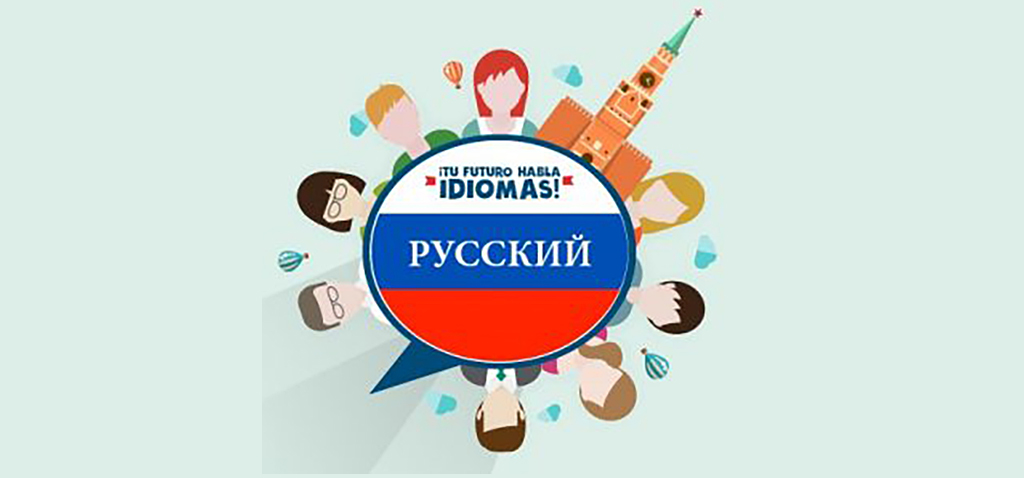El Vicerrectorado de Internacionalización organiza seis actividades formativas. Información y matrícula gratuita online: https://bit.ly/3dNk7w8
El Vicerrectorado de Internacionalización de la Universidad de Cádiz, desde el Instituto Pushkin, el Centro Universitario Internacional para Europa del Este y Asia Central (CUNEAC) y el Centro Superior de Lenguas Modernas (CSLM), impulsa la mayor Escuela de Verano de Lengua y Cultura Rusas de España, de manera gratuita y online, con un total de 150 horas formativas. Información y matrículas en https://bit.ly/3dNk7w8
Se trata de seis actividades formativas: cuatro talleres de Iniciación a la lengua rusa (del 15 al 26 de junio), otro de Iniciación a la historia y cultura rusas (del 29 de junio al 10 de julio) y el último dedicado a La literatura rusa del siglo XX a través de seis genios: Ajmátova, Tsvetáeva, Pasternak, Bulgákov, Nabókov y Brodski (del 13 al 24 de julio).


